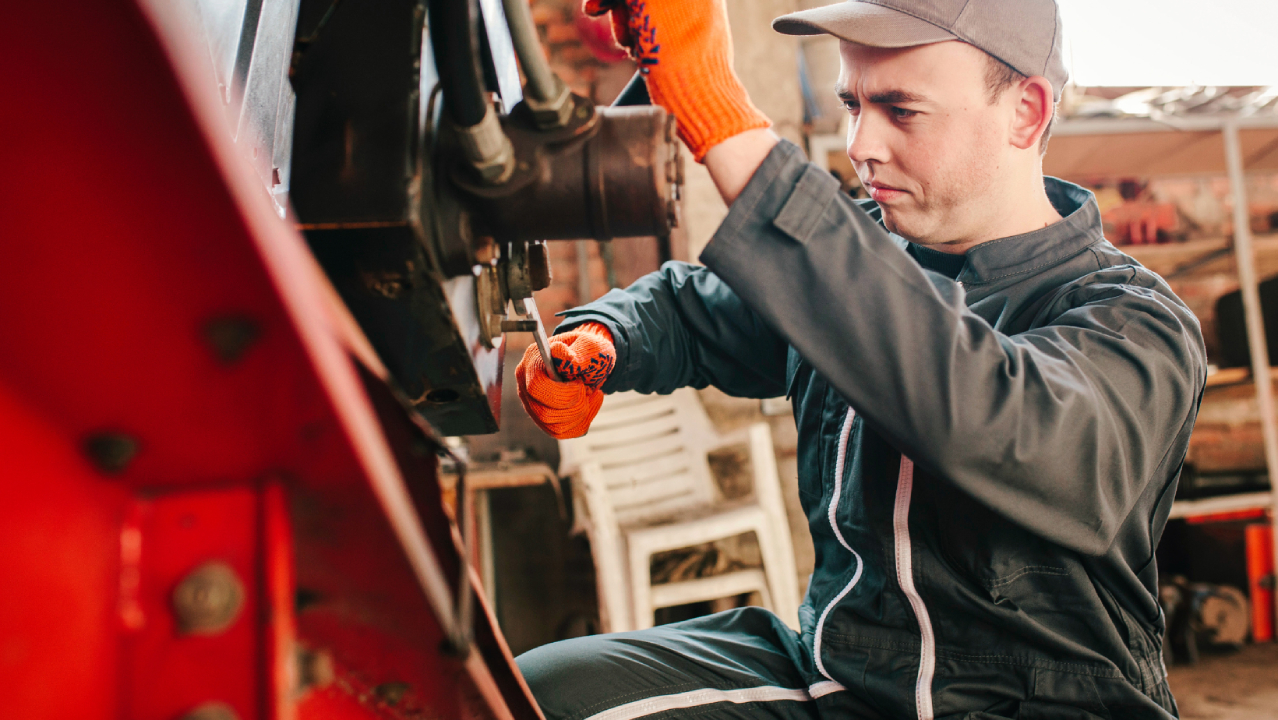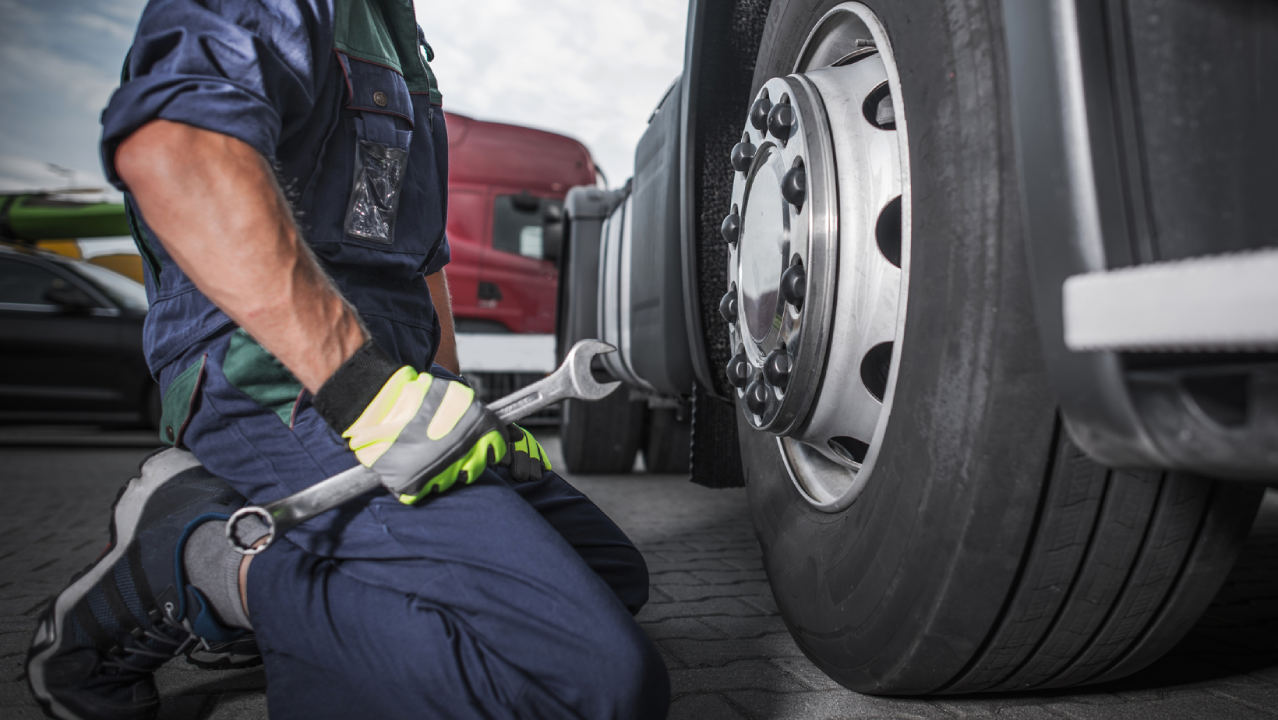Over the last few months, I’ve been documenting in depth the various mechanical problems that my truck has been facing and how it’s affecting our decisions with future car purchases. In short, my truck has had four significant breakdowns in the past three months, adding up to a bill totaling about $3,000.
When you’re spending that kind of money, it pays a lot to have an auto mechanic that you trust. Obviously, every mechanic is out there trying to earn a living through their work – you’re going to pay for labor and for parts, too. What really sets the trustworthy mechanics apart are the ones that quote you reasonable and fair prices, work on your vehicle in an ethical and fair manner (meaning they fix what they say they’re going to fix), and are careful about preventative measures to ensure you don’t run into additional problems down the road.
But how do you find a mechanic like that, particularly if you’re new in an area? It’s not a particularly easy task, and it’s one that I spent years sweating over before finding one that I trusted. Here are the tactics that I used to discover a great mechanic in my area.
Hit your social network for suggestions – and for places to avoid.
This is one of the areas where one’s personal network can really come through. Reach out to as many people as you can in your area and ask for mechanic recommendations – both positive and negative.
What I usually look for is multiple positive recommendations for a place without any negatives. When I hear that, I can usually be at least somewhat confident that the place has built a positive reputation over time – which means that their work quality has at least some merit.
Figure out what criteria are important to you – and use those as a checklist before you even go in the door.
Remember, not everyone will have the same needs from an auto repair shop. For example, if you have an extremely flexible schedule (as I do), the actual shop hours aren’t that big of a deal. Similarly, if you are already pretty familiar with the inner workings of a car and mostly just don’t have the equipment or the time to replace a flywheel (for example), you don’t need a mechanic that can effectively explain the repairs needed.
Here are some things that you should consider looking for in an auto repair place. If some of these seem unimportant to you, don’t use them as criteria.
Hours of operation Is the shop open when I need it to be to pick up my car? Does it open early enough in the morning, close late enough at night, or have weekend hours?
AAA accreditation This is useful to know in general, but is of particular importance if you happen to be an AAA member.
ASE certification ASE certification is mostly just a guarantee that the mechanics in the shop have been exposed to the ASE training material. It is never a guarantee that a mechanic is a good mechanic, although most mechanics worth their salt tend to have them simply because it’s easy for a good one to get as they already know their stuff, like passing a test that you’ve been studying for for a while already.
Good online reports (Angie’s List, etc.) Are the reports about the shop online largely positive? Ignore a negative outlier or two – there are a lot of people who post negative reports online in order to discredit competition or because they have their own personal axe to grind.
Clean Better Business Bureau bill of health The BBB is itself a mixed bag, but if there are a lot of outstanding claims against a business, it’s usually a sign that there’s something amiss. Give your local branch a ring before jumping in with a mechanic.
When you have a minor repair, get a lot of estimates.
Once you’ve filtered out most of the also-rans, you can get down to the real business of finding a solid mechanic for you. The best time to do this is with an upcoming repair job – one where you can still safely drive your vehicle for the time being but the issue is severe enough that you need to get work done soon. You have some time to get several estimates, but the job is actually an important one.
Don’t just settle with the estimate from the first place that you go. Always get at least three estimates in as much detail as possible, preferably from the three best places from your previous search for a good mechanic. Ask questions about the estimates and also about the actual service you would receive.
Some key things to compare include part prices, work guarantees, and the willingness of the staff to explain to you what your estimate means and answer the questions you have. Using these techniques helped me find a good mechanic in my local area, and I’ve stuck with him for a while. He’s identified two of the big problems I’ve had lately in advance (and is actually encouraging me to replace the vehicle, as he says that there will be a steady stream of repair bills over the next year or so, even though keeping my current vehicle would make him more money), has very solid rates, and gave me his own car as a loaner one day when I had other issues to deal with.







